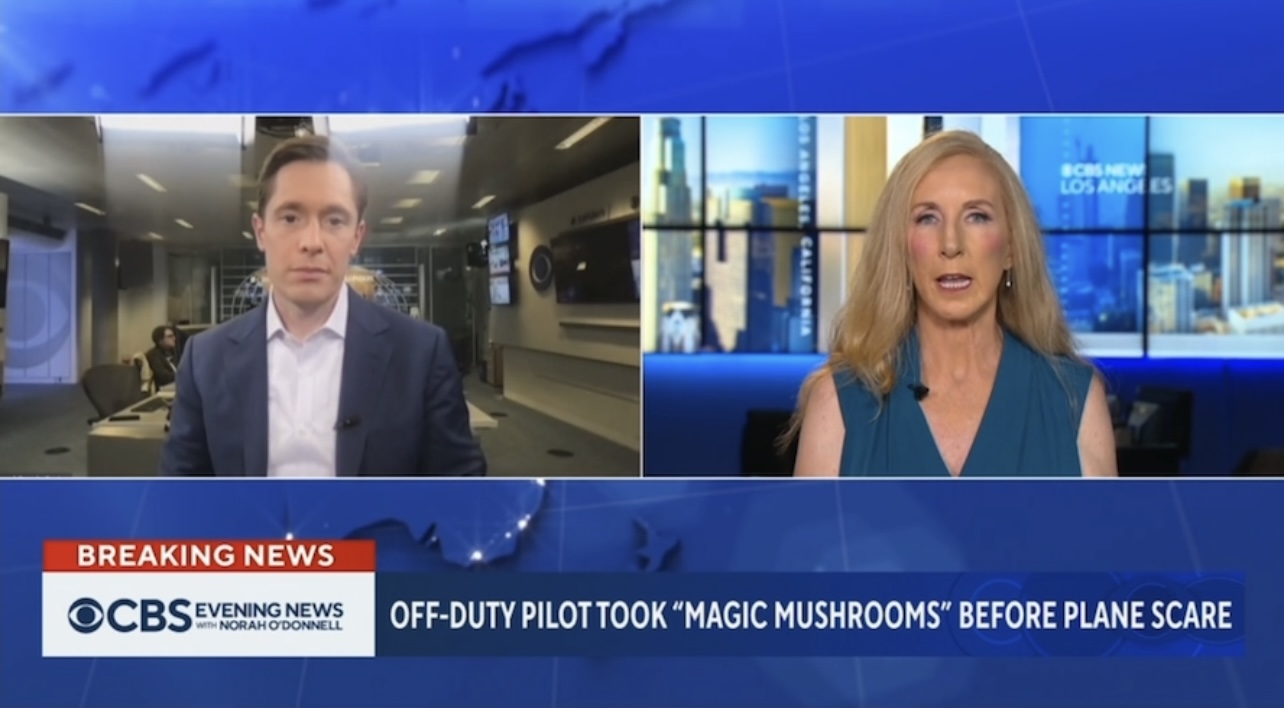Hello Everyone,
This is a very concerning situation because as a pilot, this completely opposes our core mission which is to keep everyone safe. To learn of this airline captain who was dealing with mental health issues try and attempt to shut off the engines of a regional flight aircraft is truly unbelievable. So lets dissect this a bit.
https://youtu.be/-9Z6PjqLmBI?si=wt9z74__YHg31cPP
https://youtu.be/coect-q32b0?si=dsqmYj43fZHvhw3t
https://youtu.be/DqdLbdtb2LE?si=edG-k7CQF6WlcERS
https://youtu.be/nlQNe_0Bu2k?si=zQFyFqza1TekT-b4
Jump Seating:
As pilots and flight attendants, we often do not live where we are based. If we moved every time we had a change in our careers, we would nearly be vagabonds. The airlines would prefer if we lived close to our bases but these hubs are usually in large metropolitan cities and in some cases, we cannot afford to live close in. Sometimes airlines will close our bases so rather than uprooting our families, we choose instead to commute by airplane.
Most larger aircraft has jump seats in the cockpit and in the galley. The primary reason for these is so that instructor pilots and evaluators can observe us for our period FAA required checks. When these are not taking place, qualified and registered airline pilots, dispatchers, and air traffic controllers can ride with us. When emergencies happen, it can be helpful to have the extra set of eyes, ears, and hands to aid as needed. Sometimes pilot elect to ride in the jump seat over sitting in a seat in the back and sometimes it is the only option to get to and from work if the flight is completely full with paying passengers.
Medicals and Drug Use:
We have very strict and extensive guidelines set by the FAA as to what we can and cannot have or take for any health ailments. It is critical to public safety that we are well rested, clear minded, and ready to handle any issues that we must deal with. We literally cannot take even cold medicine for the fact that we cannot be impaired in any way when it comes to decision making skills, capabilities, hand eye coordination, etc.
We are tested (as captains) every six months by an FAA AME – Airmen Medical Examiner. These are doctors who also do medical testing for most certified people who work in our industry. Needless to say, the pilot medicals are much more extensive when it comes to a 1st class exam. For co-pilots (who are not flying international), they can have a 2nd class which is required every twelve months and for private pilots, it is a 3rd class and is required every twenty-four months.
We are randomly drug and alcohol tested – sometimes you may get months of back to back exams and sometimes it may be a period of a few years.
Most airlines require twelve hours between bottle to throttle to ensure that in no way will the pilot be affected in performance of flight. We are tested for most drug categories and variants as well.
This Pilot Situation:
I am the first to champion pilots, their abilities, knowledge, and skill set. This is a tough one because my natural reaction is to be extremely angry. He jeopardized that crew, those passengers, and that aircraft. He has also put all of us pilots in precarious positions as commuters and pilots allowing jump seaters into our flight decks. After reading the report and hearing his statements, it was obvious to me that he was impaired. No pilots talk or operate the way he did. The fact that he was a father of two young ones made it even harder for me.
The fact that he had been struggling with depression for six years, had a best friend recently pass away, had not slept in over 40 hours, and had taken psychedelic mushrooms just two days prior, would send anyone into a tailspin. He may have felt the pressure of not being able to call in sick or fatigued to get sleep and deal with his issues. There are programs out there now to help recognize and support pilots but we have a long way to go as an industry in allowing pilots to be able to keep speak up and ask for help. The fear is of losing our medical status and our careers thus, not being able to support our families. We need to catch these things BEFORE they become an issue that could cause an incident, accident, or potential harm.
Thankfully, the operating pilots did an excellent job fighting him off the controls, getting him into the back of the aircraft, diverting to a nearby airport, and having him arrested upon landing. This is another reason to always have two highly experienced, well trained pilots at the flight controls!
Wishing you Blue Skies and Smooth Flights!
Captain Laura

